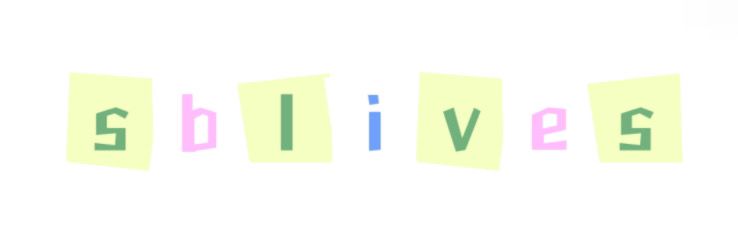Understanding GFS Tanks in Sudan: Key Benefits & Insights
Globally recognized for their resilience and efficiency, Glass-Fused-to-Steel (GFS) tanks have gained significant traction in various sectors, including the agricultural and industrial sectors in Sudan. In this article, we delve into the key benefits of GFS tanks and gather insights from industry experts to better understand their relevance in the Sudanese context.
What are GFS Tanks?
GFS tanks are constructed using steel plates that are coated with glass on both sides. This unique combination offers durability and an impressive level of corrosion resistance, making them particularly suitable for situations involving water storage, waste treatment, and agricultural applications.
Key Benefits of GFS Tanks in Sudan
Understanding the benefits of GFS tanks is crucial for businesses and organizations looking to invest in reliable storage solutions. Here are some key advantages highlighted by industry experts:
1. Durability and Longevity
According to Dr. Ahmed Elhadi, a structural engineer specializing in storage solutions, “The longevity of GFS tanks is one of the standout features. Their glass coatings protect the steel from environmental factors, thus prolonging service life significantly.” This durability is particularly crucial in Sudan, where extreme weather conditions can take a toll on less robust storage options.
2. Cost-Effectiveness
Expert financial analyst, Fatima Nour, emphasizes, “The initial investment in GFS tanks might be higher than conventional tanks, but the maintenance costs are remarkably low. Over time, savings accrued from maintenance and replacement costs make them a much more cost-effective option.”
3. Versatile Applications
GFS tanks can be used in a variety of industries. Mohamed Ali, a leading agricultural consultant, states, “From irrigation to drinking water storage, the versatility of GFS tanks means they can effectively meet the needs of farmers and industrial users alike.” This adaptability makes GFS tanks an attractive option for diverse applications in Sudan.
Additional reading:How Could Rubber Weirs Transform Bolivia's Ecosystems?
4. Environmentally Friendly
As sustainability becomes a more pressing concern, GFS tanks stand out as an environmentally friendly choice. Environmentalist Layla Abdi notes, “The materials used in GFS tank construction are recyclable, and their efficient design minimizes emissions during the manufacturing process.” This eco-conscious factor aligns well with Sudan's efforts to promote sustainable practices.
Challenges and Considerations
While GFS tanks offer substantial benefits, there are challenges that investors and users must consider. Khaled Suliman, an industry consultant, points out, “It’s crucial to work with experienced manufacturers and installers to avoid complications during the setup process. Proper installation ensures the tanks function as intended and provide the expected return on investment.”
The Future of GFS Tanks in Sudan
As Sudan continues to develop its infrastructure, the demand for reliable and robust storage solutions will only increase. According to Dr. Hanan Elsayed, a market researcher, “The future looks promising for GFS tanks as industries shift towards more durable and cost-efficient solutions. Investing in GFS technology could position businesses strategically in the coming years.”
In conclusion, GFS tanks are proving to be a vital asset in Sudan's evolving landscape. With their durability, cost-effectiveness, versatility, and eco-friendly attributes, they are well-poised to meet the needs of various sectors. As the market grows, understanding the benefits and considerations associated with GFS tanks will be key to making informed decisions for future investments.
Are you interested in learning more about GFS Tanks in Sudan , GFS Tanks in Israel ? Contact us today to secure an expert consultation!
- 0

